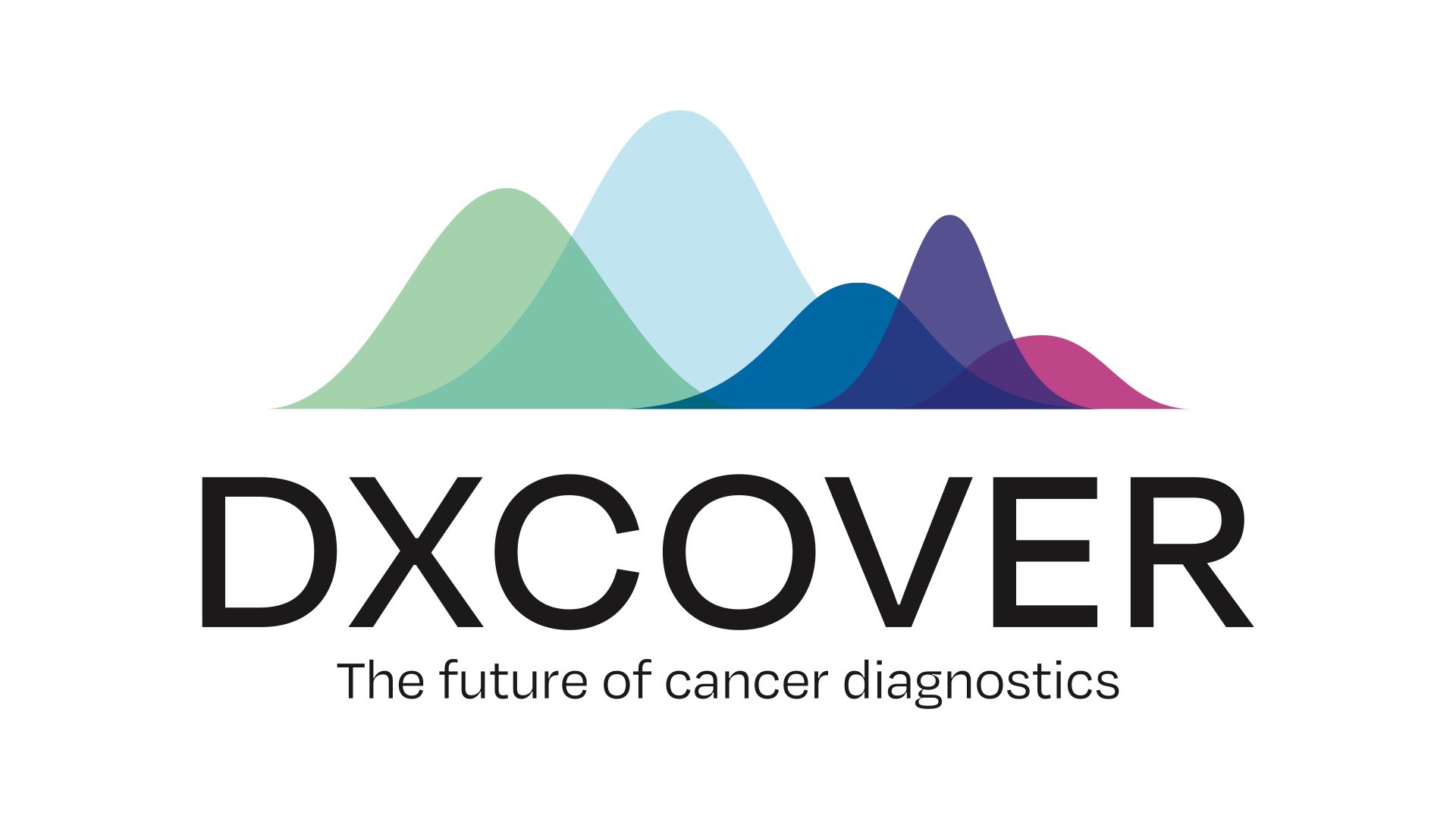 PRESS RELEASE – for immediate release
PRESS RELEASE – for immediate release
August 2021 DRAFT
Early brain cancer detection breakthrough for Dxcover
- Blood test proves ability to identify really small brain tumours and gives hope of earlier detection and improved survival
- Dxcover acquires all IP for its Dxcover® Liquid Biopsy Technology and Multi Cancer Early Detection (MCED) Platform
Early detection of brain cancer has moved one step closer, thanks to a breakthrough by cancer diagnostics firm Dxcover for its innovative testing technology.
Published in the peer-reviewed Cancers academic journal, the Glasgow-based health-tech has shown that the Dxcover® Liquid Biopsy technology is effective even in the earlier days of cancer growth, at a smaller volume and lower stage.
According to Cancer Research UK[1], 12,000 people in Britain are diagnosed with brain tumours every year and survival rates are as low as 12% five years after diagnosis.
Earlier detection, when a tumour is smaller, reduces the harm from surgery and other treatments, so people can live better, for longer. By detecting really small tumours, this research provides the evidence that Dxcover’s diagnostic test can have a big impact in shortening the time to diagnosis for patients from symptom onset, supporting primary care doctors in their decision making.
Dr Paul Brennan, Reader in Neurosurgery and Consultant Neurosurgeon, University of Edinburgh, said: “Brain tumour diagnosis is difficult, because the most common symptoms are not specific to brain tumours. A non-cancer diagnosis is more likely and this contributes to diagnostic delay. The Dxcover test will support primary care doctors to identify which of these patients are most likely to have a brain tumour and should be referred for rapid brain imaging. This will be transformative for both patients and doctors.”
The journal, published 30th July 2021, confirmed the Dxcover® Brain Cancer test as being effective in identifying small and low-grade gliomas. The study involved 177 patients with varying sizes of brain tumours providing blood samples for analysis by Dxcover. The samples underwent the spectroscopic analysis under infra-red light and processed using machine learning software. The test and analysis were found to be effective in identifying brain tumours in patients with gliomas as small as 0.2cm3.
Dxcover Limited is a spin-out from the University of Strathclyde and has raised £5.1m in funding to develop its spectroscopy and artificial intelligence technology as a Multi Cancer Early Detection (MCED) Platform to help diagnose brain and other cancers quickly and accurately from a simple blood test.
Dxcover’s highly effective early diagnostic tests could revolutionise cancer detection, potentially saving the lives of patients who can be treated more effectively in the early stages of cancer.
Dr Matt Baker, Chief Technical Officer & Co-Founder at Dxcover Limited, said: “This breakthrough is a watershed moment in the development of early cancer detection. The study demonstrates the effectiveness of our Dxcover® Brain Cancer Liquid Biopsy at detecting even the smallest brain tumours, which is great news for the care of future brain cancer patients, increasing treatment options and potentially extending life expectancy.
“Clinical tests like this are a crucial part of Dxcover’s journey to develop and commercialise a widely accepted Multi-Cancer Early Detection platform to help save lives.”
This latest breakthrough coincides with the company announcing that it has wholly acquired all of the intellectual property (IP) rights for its Multi-Cancer Early Detection (MCED) Platform in a deal with the University of Strathclyde. The IP deal means that Dxcover now owns all of the patents for its MCED technology platform and has no requirement to pay royalties.
Commenting on the IP acquisition, Dr Mark Hegarty, CEO and Co-founder of Dxcover, added: “We have been developing an extensive patent portfolio to protect the commercialisation of our technology. The core patents have been granted in Europe, the USA and China and they enable us to develop tests for all types of cancer.
“Full ownership of all of the IP has been a strategic goal since we formed the company, as this enables greater flexibility in striking collaborative partnerships and commercial deals.”
To read the full paper on the effectiveness of Dxcover’s liquid biopsy in detecting brain cancer, please visit: https://www.mdpi.com/2072-6694/13/15/3851
For more information on Dxcover, please visit: www.dxcover.com
ENDS
For media enquiries, please contact:
Paddy Baxter
Frame PR
07387 090 070
Paddy.baxter@framecreates.co.uk
Vera Lindkvist
Frame PR
07452 828 682
vera.lindkvist@framecreates.co.uk
About Dxcover Limited
The Dxcover® Brain Cancer liquid biopsy is a simple blood test combined with artificial intelligence that is able to rapidly fast-track patients suspected to have a brain tumour for further treatment. Typically, diagnosis requires several GP visits before specialist scans and can take up to eight weeks or more to fully diagnose.
Dxcover is a spin-out from the University of Strathclyde, based on world leading research and fronted by an award-winning team dedicated to translating this technology into the clinic.
Dxcover’s blood test is fast, inexpensive and only requires a blood sample to be analysed with infra-red light. Dxcover’s ‘Drop, Dry, Detect’ technology provides results in minutes and is trained by artificial intelligence to detect the signs of cancer.
Through the Dxcover® Cancer project, the company is targeting earlier detection of rare and common cancers. Earlier diagnosis results in significantly higher survival rates compared to late-stage diagnosis, with treatment options and the chances of recovery and quality of life hugely increased. The blood test will allow doctors and clinicians to prioritise and fast-track patients for further treatment.
Notes to editors:
A spin-out from the University of Strathclyde, Dxcover aims to be a world leader in liquid biopsy and artificial intelligence for early detection of cancer and other diseases. Since spinout in 2019, the company has raised £5.1m in funding to date to progress its multi-cancer development program, the Dxcover® Cancer Project. Investors in the technology include Scottish Enterprise, Mercia Asset Management, Norcliffe Capital, SIS Ventures, Eos Advisory and the University of Strathclyde.
For more information about Norcliffe Capital, visit www.norcliffe.capital
For more information about Eos, visit www.eos-advisory.com
For more information about Scottish Enterprise, visit www.scottish-enterprise.com
For more about information about the Glasgow City Innovation District, visit https://www.strath.ac.uk/workwithus/glasgowcityinnovationdistrict/
For more information on how the University of Strathclyde invests in spin-outs and other technology companies, visit https://www.strath.ac.uk/workwithus/strathclydeinspire/grow/early-stageinvestment/
[1] https://www.cancerresearchuk.org/health-professional/cancer-statistics/statistics-by-cancer-type/brain-other-cns-and-intracranial-tumours



